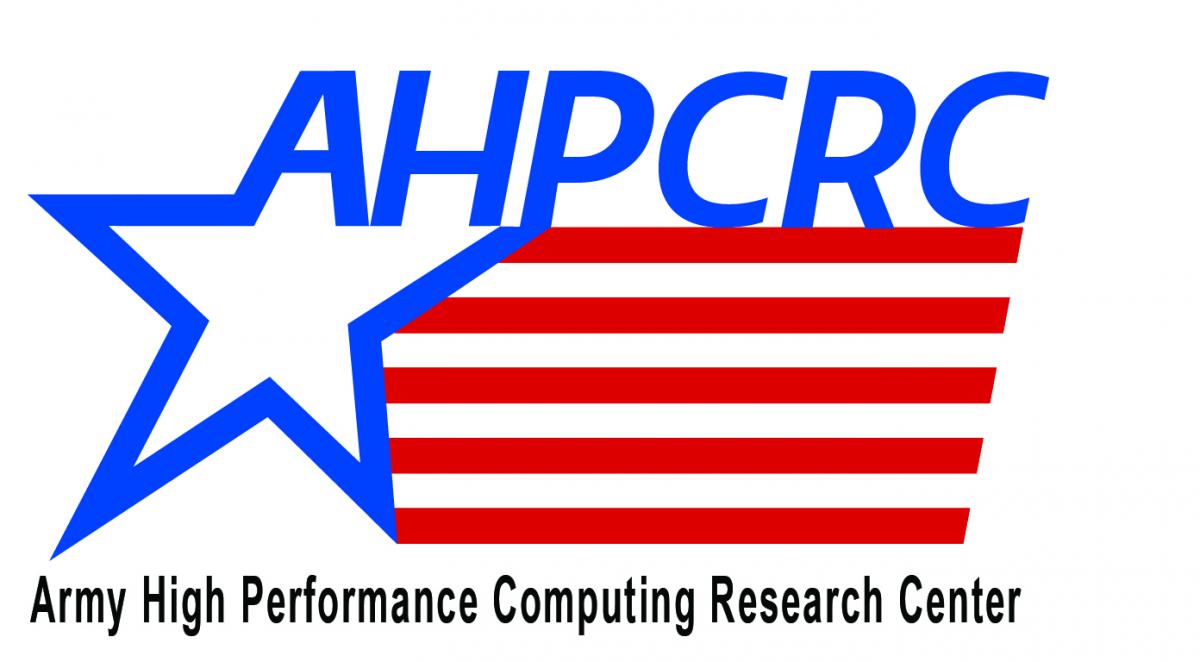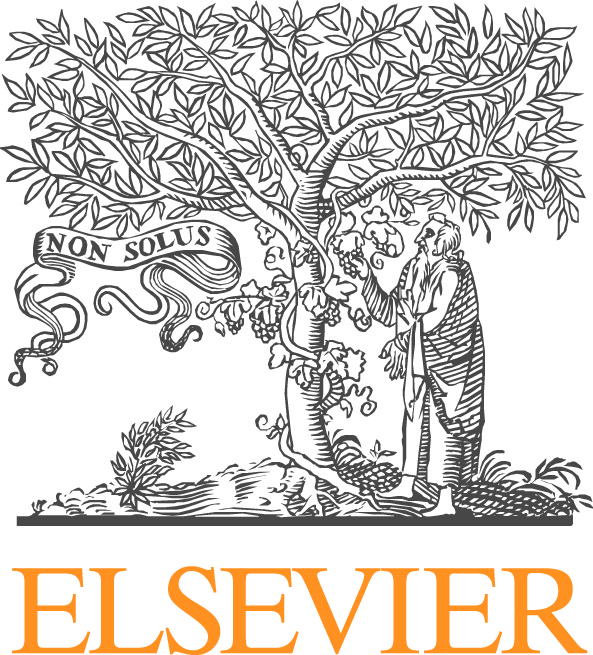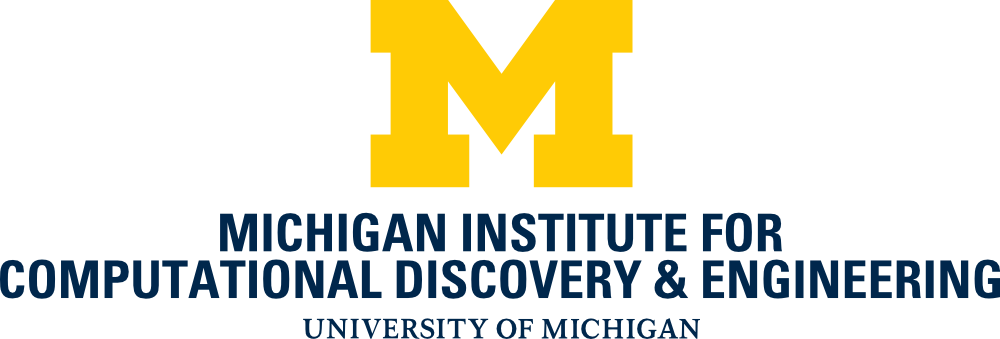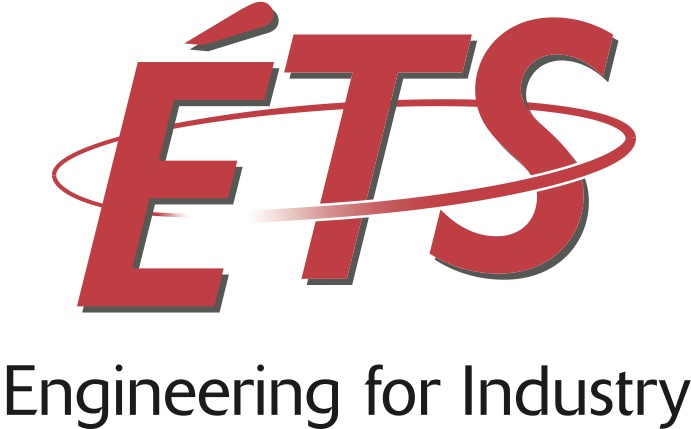Stabilized and Multiscale Methods for Interface Mechanics
Timothy Truster, University of Tennessee - Knoxville
Isaac Harari, Tel Aviv University
John Dolbow, Duke University
Arif Masud, University of Illinois at Urbana-Champaign
Interfaces are a critical physical feature of many natural and engineered systems. The computational modeling of such systems is complicated by evolving discontinuities, capturing local spatial and temporal scales that can be orders of magnitude below the system scales, as well as the treatment of possible multi-physics aspects. Specific examples include the interactions between stiff/inert implant devices and soft/living biological tissues, both process and failure modeling of fiber-reinforced composites, and capturing shock-wave transfers across fluid-solid interfaces in underwater structures. Stabilized methods provide a coherent approach to addressing such sources of instability.
The intent of this symposium is to bring together researchers considering various aspects of interface problems. Topics involving stabilized as well as multiscale methods for interfacial modeling are encouraged. Techniques that address stability issues in interface methods such as mortar methods, discontinuous Galerkin methods, Nitsche methods, and embedded mesh methods are welcome. Problem classes can range from contact and friction to delamination, heterogeneous materials, and localization or boundary layer tracking. Special emphasis is given to methods that are robust with respect to mesh distortion, accommodate different element types or polynomial orders, and are applicable to a broad range of material constitutive response.







